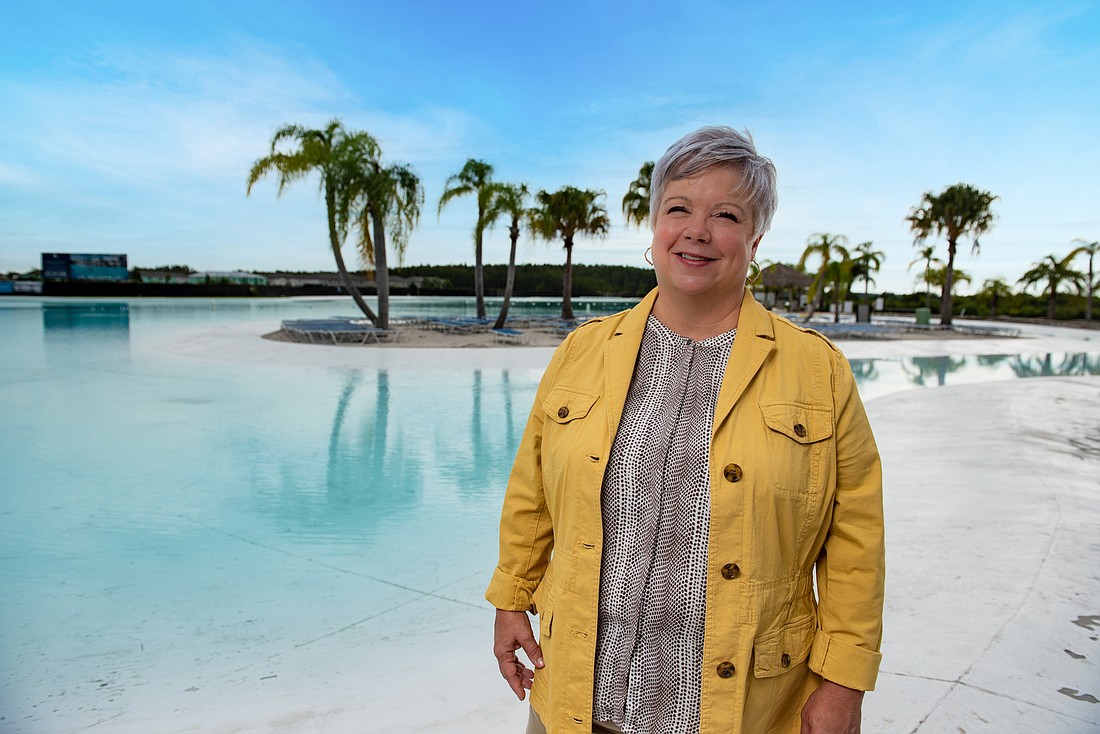Metro Development Group
Prominent developer expects another strong year, but significant threats could slow growth.
-
By
Brian Hartz
-
| 12:00 p.m. January 6, 2022
-
| 0 Free Articles Remaining!
 Courtesy. Vaike O’Grady, Metro Development Group’s vice president of marketing and communications, at the Epperson community in Wesley Chapel.
Courtesy. Vaike O’Grady, Metro Development Group’s vice president of marketing and communications, at the Epperson community in Wesley Chapel.
Company: Metro Development Group
Continue reading your article
with a Business Observer subscription.

